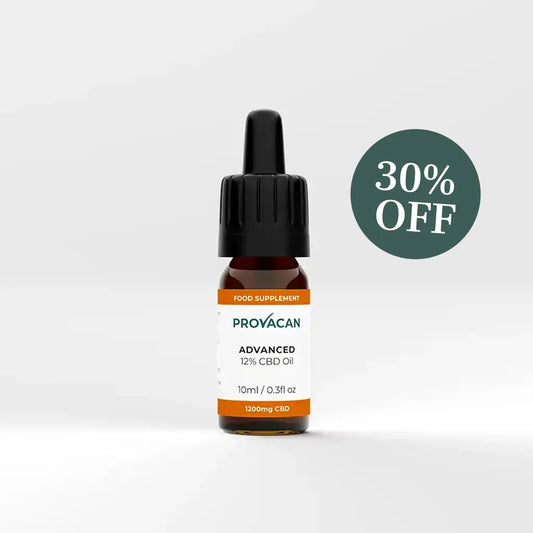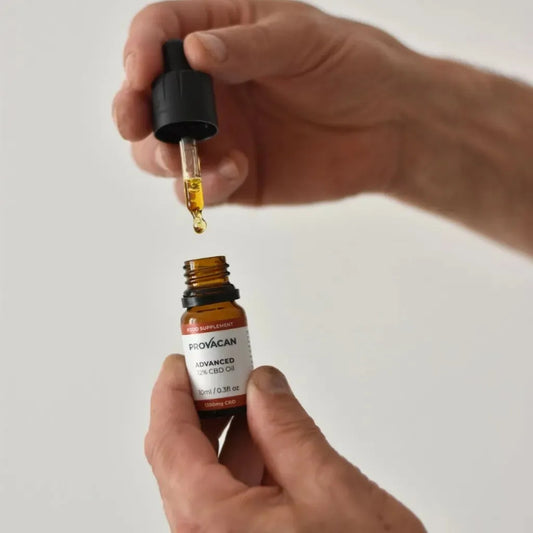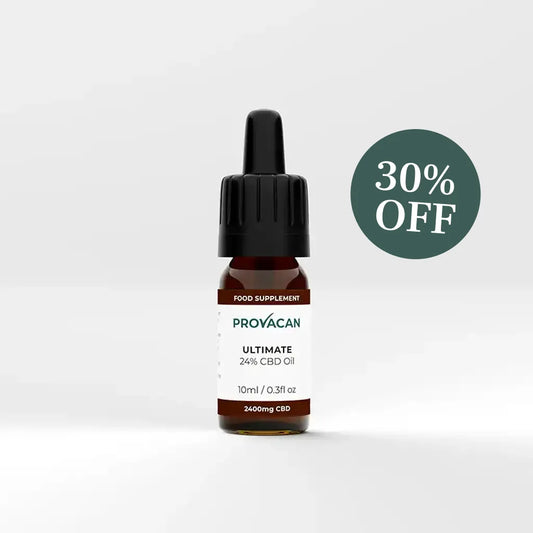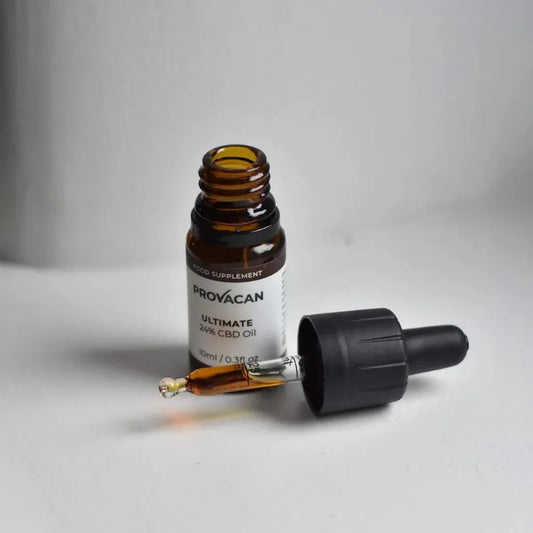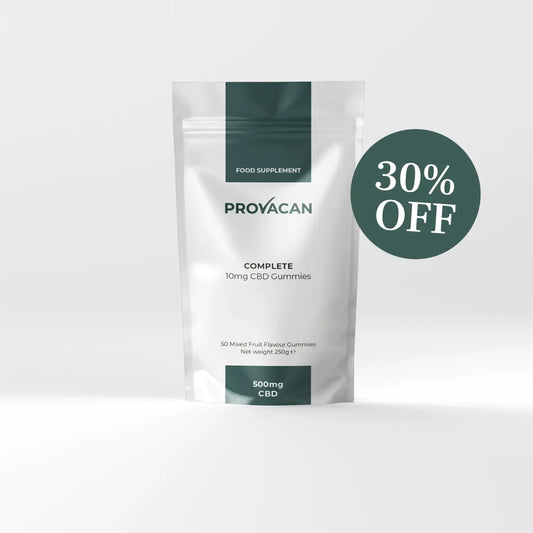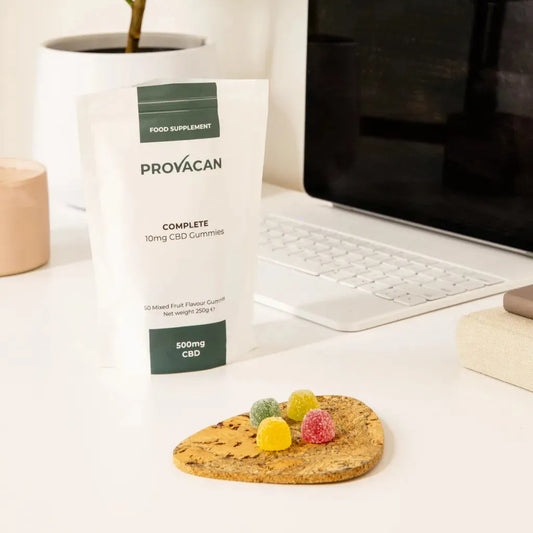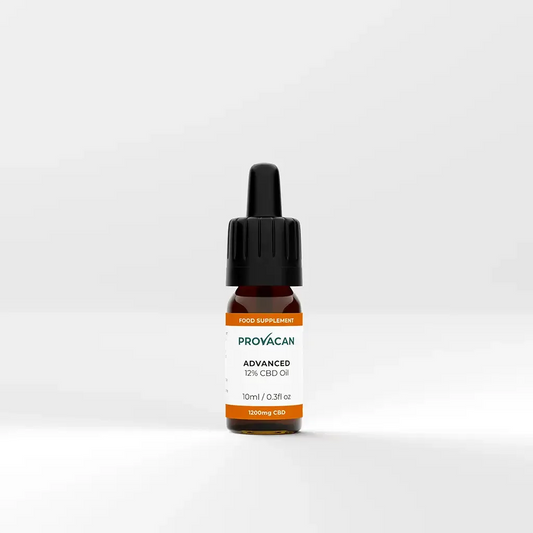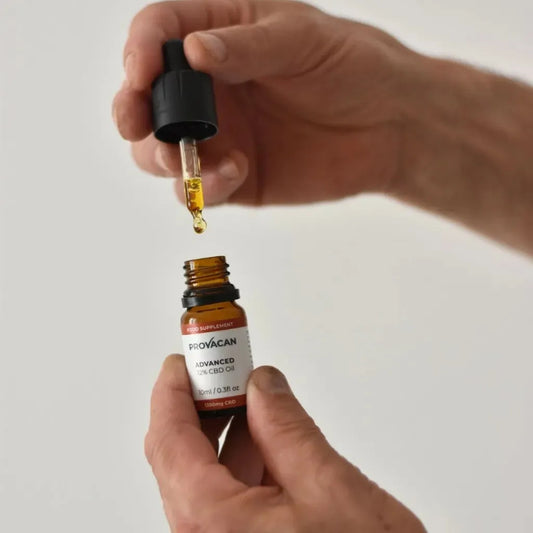CBD, short for cannabidiol, has become increasingly popular in recent years for its potential health benefits. However, many people still have concerns about whether CBD can show up on a drug test. In this article, we will explore the topic in detail and provide you with the information you need to make an informed decision.
What Are Drug Tests?
Drug tests are commonly used to screen for the presence of illicit substances or prescription medications in a person's system. They are often required by employers, sports organisations, or legal entities to ensure safety, compliance, and fairness. Drug tests can detect a wide range of substances, including THC, the psychoactive compound found in cannabis.
Drug testing methods vary depending on the type of sample collected. The most common types of drug tests include urine tests, blood tests, saliva tests, and hair follicle tests. Urine tests are the most frequently used method due to their non-invasive nature and ability to detect a wide range of substances. Blood tests are more invasive and are typically used to measure the actual amount of a drug in the system at the time of testing. Saliva tests are becoming increasingly popular as they are easy to administer and can detect recent drug use. Hair follicle tests are the most accurate method and can detect drug use over a longer period, sometimes up to 90 days.
It is essential to note that drug tests are not foolproof and can sometimes yield false positive or false negative results. Factors such as the type of drug being tested, the sensitivity of the test, and individual metabolism can all impact the accuracy of the results. Therefore, it is crucial for drug testing processes to be carried out by trained professionals in certified laboratories to ensure reliable and accurate results.
How Are Drug Tests Performed?
Drug tests can be conducted using various methods, including urine, blood, hair, saliva, or sweat samples. Each method has its own advantages and limitations. Urine tests are the most common and affordable option, while blood tests are more invasive but can provide more accurate results. Hair tests can detect drug use over a longer period, while saliva and sweat tests are relatively less invasive and provide more immediate results.
Urine tests are often preferred for their non-invasiveness and cost-effectiveness. They are commonly used in workplace settings and are able to detect recent drug use. However, urine tests may not always be able to detect drug use beyond a few days, depending on the substance. Blood tests, on the other hand, are more invasive as they require a blood sample to be drawn from the individual. This method is often used in situations where immediate and accurate results are necessary, such as in accidents or emergencies.
Does CBD Show Up On Drug Tests?
While drug tests are designed to detect specific substances, they are not typically looking for CBD. THC, on the other hand, is usually the target when testing for cannabis use. CBD products, when properly sourced and manufactured, contain very low levels of THC, usually below the legal limit of 0.2% in the UK.
However, it is important to note that some CBD products may contain higher levels of THC or impurities if they are not regulated or tested adequately. To minimize the risk of THC showing up on a drug test, it is crucial to choose high-quality CBD products from reputable manufacturers.
It is worth mentioning that the use of CBD has gained popularity in recent years due to its potential health benefits, such as reducing anxiety and pain. Many people turn to CBD as a natural alternative to traditional medications, but the lack of regulation in the industry can lead to inconsistencies in product quality.
When purchasing CBD products, look for companies that provide third-party lab testing results to ensure the purity and potency of their products. This transparency not only helps consumers make informed decisions but also promotes accountability within the CBD industry.
When CBD Can Show Up On a Drug Test
While it is highly unlikely for CBD alone to cause a positive drug test result, certain factors can increase the risk. Using CBD products that contain higher levels of THC or consuming large amounts of CBD oil may result in a positive drug test for THC. Cross-contamination during the manufacturing process can also lead to trace amounts of THC in CBD products, although this is rare with reputable manufacturers who adhere to strict quality control measures.
It is important to note that drug tests vary in their sensitivity to THC and their ability to differentiate between THC and CBD. Some tests may be more likely to detect even trace amounts of THC, while others may be specifically designed to only flag high levels of THC. Factors such as the type of drug test, the frequency of CBD use, and individual metabolism can all play a role in whether CBD shows up on a drug test.
Furthermore, the legal status of CBD products can also impact the likelihood of a positive drug test. In regions where CBD is legal but THC is not, individuals using full-spectrum CBD products containing trace amounts of THC may still risk testing positive for THC. Understanding the composition of the CBD product being consumed and being aware of local laws and regulations can help individuals make informed decisions to avoid any unexpected outcomes on a drug test.
Can CBD Cause a False Positive on Drug Tests?
While it is possible for CBD to cause a false positive on a drug test, it is incredibly rare. Standard drug tests look specifically for THC or its metabolites, not CBD. However, some low-quality or mislabeled CBD products may contain higher levels of THC than advertised, leading to a potential false positive. To avoid any potential issues, it is important to choose CBD products that have been third-party tested for purity and potency.
It is also worth noting that the consumption of certain foods, such as poppy seeds, can sometimes lead to false positives on drug tests. Poppy seeds contain trace amounts of opiates, which can be enough to trigger a positive result on some drug tests. This is why it is always advisable to inform the tester of any substances you have consumed recently that could potentially interfere with the test results.
Moreover, the accuracy of drug tests can be influenced by various factors, including the type of test used, the sensitivity of the equipment, and the expertise of the personnel conducting the test. False positives can occur due to cross-reactivity with other substances or errors in the testing process. It is essential for individuals undergoing drug testing to be aware of these possibilities and to take necessary precautions to ensure the most accurate results.
Is CBD Oil Legal In The UK?
In the UK, CBD is legal as long as it meets certain requirements. CBD products must be derived from EU-approved industrial hemp strains and contain no more than 0.2% THC. It is important to purchase CBD products from reputable sources that comply with these regulations to ensure legality and safety.
Industrial hemp, from which CBD is derived, has been cultivated for thousands of years for its versatile uses. It is a variety of the Cannabis sativa plant species that is grown specifically for industrial purposes. Hemp is used in various industries, including textiles, paper, biodegradable plastics, construction, and health foods. The plant is known for its fast growth and low maintenance requirements, making it an environmentally friendly crop.
In recent years, the popularity of CBD products has soared due to their potential health benefits. CBD, or cannabidiol, is a non-psychoactive compound found in cannabis plants. It is believed to have various therapeutic properties, such as reducing anxiety, alleviating pain, and improving sleep. As research into CBD continues, more potential applications for this compound are being discovered, leading to a growing market for CBD products in the UK and beyond.
What Is The Difference Between CBD and THC?
CBD and THC are both cannabinoids found in the cannabis plant, but they have different effects on the body. THC is the psychoactive compound responsible for the "high" associated with cannabis use, while CBD is non-intoxicating and does not produce psychoactive effects. CBD is known for its potential therapeutic properties, including reducing anxiety, relieving pain, and promoting relaxation.
It's important to note that while THC and CBD are both derived from the same plant, they interact with the body in different ways. THC binds to cannabinoid receptors in the brain and central nervous system, leading to its psychoactive effects. On the other hand, CBD does not directly bind to these receptors but instead influences them to reduce the effects of other compounds that do bind to the receptors.
Furthermore, the legal status of THC and CBD varies depending on the country and its regulations. In many places, THC is heavily regulated due to its psychoactive properties and potential for abuse, while CBD is more widely accepted for its therapeutic benefits. This distinction has led to a growing market for CBD products, ranging from oils and tinctures to edibles and skincare products, all aimed at harnessing the potential health benefits of this non-intoxicating cannabinoid.
Is It Legal To Drive After Taking CBD?
In the UK, it is legal to drive after taking CBD as long as the product contains less than 0.2% THC. However, it is important to note that CBD affects individuals differently, and some people may experience side effects such as drowsiness or dizziness. It is always advisable to wait until you understand how CBD affects you personally before driving or operating heavy machinery.
Furthermore, it is worth mentioning that CBD products are becoming increasingly popular for their potential therapeutic benefits, including pain relief, anxiety reduction, and improved sleep quality. Many people are turning to CBD as a natural alternative to traditional medications, leading to a booming industry with a wide range of products available on the market.
Moreover, the legal landscape surrounding CBD is constantly evolving, with ongoing debates and discussions about its classification, regulation, and potential benefits. As research into CBD continues to grow, more information is being uncovered about its effects on the body and mind, shedding light on its potential uses in various medical conditions.
Buy CBD
If you are interested in buying CBD products, Provacan offers a range of high-quality CBD oils, gummies, capsules, balms, and CBD isolate. Our products are carefully crafted to ensure purity, potency, and compliance with UK regulations. Visit our website to explore our selection and find the perfect CBD product for your needs.
When it comes to CBD oils, Provacan sources its hemp from organic farms in Europe, ensuring that only the finest quality plants are used in the extraction process. Our CBD gummies are not only delicious but also vegan-friendly, making them suitable for a wide range of dietary preferences. For those looking for a convenient way to incorporate CBD into their daily routine, our capsules offer a precise and easy-to-use solution.
At Provacan, we understand the importance of transparency when it comes to CBD products. That's why we provide detailed CBD oil facts about the cannabinoid content in each of our products, allowing you to make an informed decision about which product is right for you. Whether you are new to CBD or a seasoned user, Provacan has something to offer everyone. Explore our range today and discover the potential benefits of CBD for yourself.


